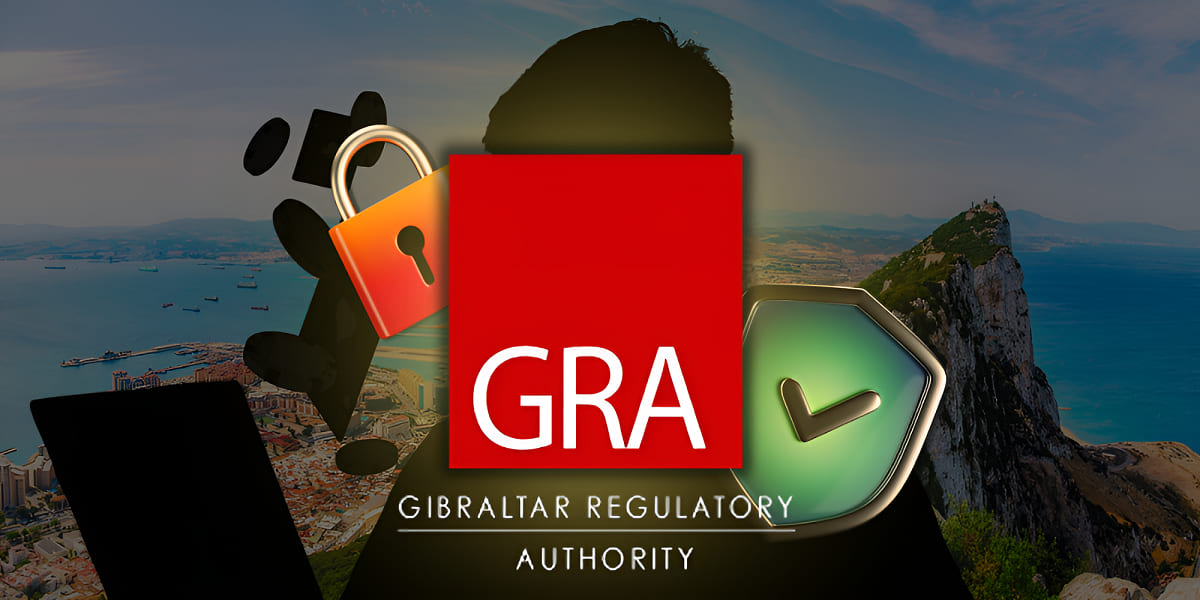Gibraltar Regulatory Authority (GRA) is an independent statutory body established in 2000 to oversee telecommunications, data protection, and broadcasting in Gibraltar. The GRA ensures compliance with regulatory standards, promotes fair competition, and safeguards consumer rights. By fostering innovation and maintaining high standards of data security, the GRA plays a crucial role in Gibraltar’s digital and economic development.
Gibraltar Regulatory Authority (GRA): A Comprehensive Analysis
The Gibraltar Regulatory Authority (GRA) plays a pivotal role in ensuring regulatory compliance, data protection, and consumer rights in Gibraltar. As a key regulatory body, the GRA oversees various sectors, including telecommunications, data privacy, and electronic communications. This article delves into the functions, importance, and impact of the GRA, offering valuable insights for businesses and individuals navigating Gibraltar’s regulatory landscape.
What is the Gibraltar Regulatory Authority (GRA)?
The Gibraltar Regulatory Authority (GRA) is an independent statutory body established under the Gibraltar Regulatory Authority Act of 2000. Its primary mandate is to regulate and supervise sectors such as telecommunications, data protection, and electronic communications. The GRA ensures that businesses and service providers comply with local and international regulations, fostering a fair and competitive market environment.
Key Functions of the Gibraltar Regulatory Authority
- Telecommunications Regulation
The GRA oversees Gibraltar’s telecommunications sector, ensuring that service providers adhere to fair practices, quality standards, and competitive pricing. It also manages the allocation of radio spectrum and enforces compliance with telecommunications laws. - Data Protection and Privacy
As Gibraltar’s Data Protection Authority, the GRA enforces the General Data Protection Regulation (GDPR) and the Gibraltar Data Protection Act. It ensures that organizations handle personal data responsibly, safeguarding individuals’ privacy rights. - Consumer Protection
The GRA protects consumer interests by addressing complaints, ensuring transparency, and promoting fair competition in regulated sectors. It also educates consumers about their rights and responsibilities. - Electronic Communications
The GRA regulates electronic communications services, including internet and mobile services, ensuring that providers meet quality and security standards. - Regulatory Compliance and Enforcement
The GRA monitors compliance with regulations, conducts investigations, and imposes penalties for non-compliance. It also provides guidance to businesses on adhering to regulatory requirements.
Why is the GRA Important for Businesses?
- Compliance with GDPR: For businesses operating in Gibraltar or dealing with EU customers, compliance with GDPR is crucial. The GRA provides guidance and enforces data protection laws, helping businesses avoid hefty fines and reputational damage.
- Fair Market Practices: The GRA ensures a level playing field in the telecommunications and electronic communications sectors, promoting healthy competition and innovation.
- Consumer Trust: By adhering to GRA regulations, businesses can build trust with consumers, enhancing their reputation and credibility.
Challenges and Opportunities
While the GRA provides robust regulatory oversight, businesses may face challenges in navigating complex compliance requirements. However, this also presents an opportunity for organizations to differentiate themselves by demonstrating a commitment to data protection and consumer rights.
Conclusion
The Gibraltar Regulatory Authority (GRA) is a cornerstone of Gibraltar’s regulatory framework, ensuring compliance, protecting consumer rights, and fostering a competitive market. Businesses operating in Gibraltar must stay informed about GRA regulations to ensure compliance and build trust with consumers. By understanding the GRA’s role and functions, organizations can navigate the regulatory landscape effectively and thrive in Gibraltar’s dynamic market.





